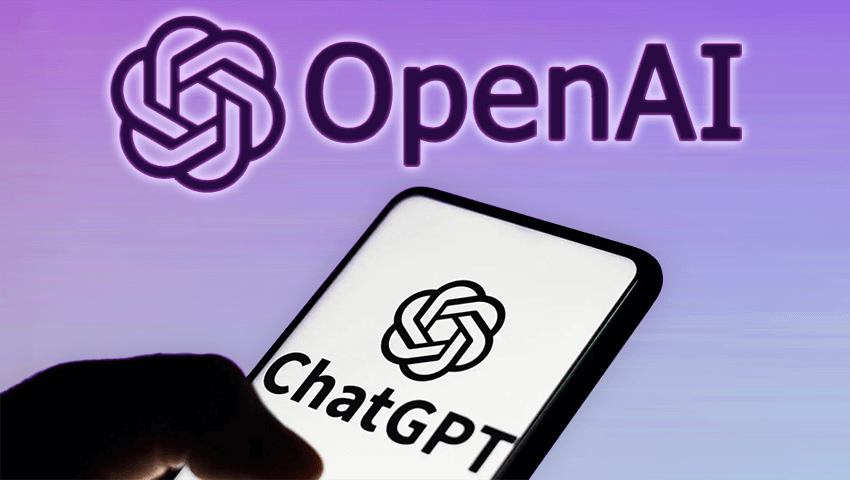
OpenAI launches new AI model with advanced reasoning capabilities
OpenAI, the company behind the popular AI chatbot ChatGPT, has introduced its latest artificial intelligence model, OpenAI o1, designed to excel at complex reasoning tasks in science, coding, and mathematics. This new model aims to tackle some of the limitations seen in previous models by improving how AI "thinks" before generating responses.
In a statement, OpenAI explained that the o1 model was trained to spend more time deliberating over problems, mimicking the way humans reason. “We trained these models to spend more time thinking through problems before they respond, much like a person would”, – the company said. This approach, which OpenAI refers to as "reasoning," enables the model to refine its thought process, consider multiple strategies, and recognize mistakes before presenting an answer. The goal is to enhance accuracy, especially in more complex tasks.
The new o1 series is OpenAI’s response to the ongoing challenge of AI models generating incorrect or misleading information, often called "hallucinations." This has been a persistent issue with earlier models like GPT-4, which, while powerful, struggled with complex reasoning tasks and would sometimes deliver incorrect answers with great confidence.
According to OpenAI, o1 has already demonstrated impressive capabilities in internal tests. It performs at a level comparable to PhD students on challenging problems in physics, chemistry, and biology. In a qualifying exam for the prestigious International Mathematics Olympiad, o1 correctly solved 83% of the problems, a significant improvement over GPT-4’s 13% success rate.
The model's potential applications are vast. OpenAI highlighted its use in healthcare for annotating cell sequencing data, and in physics for generating complex mathematical formulas used in quantum optics. This enhanced reasoning could benefit fields that require multi-step workflows or detailed analytical work, such as scientific research, software development, and engineering.
OpenAI has emphasized the importance of safety as it rolls out this new generation of AI models. The company claims that the o1 model is more robust when it comes to adhering to safety guidelines, particularly in scenarios where users attempt to bypass its safety measures, known as "jailbreaking." In tests, the o1 model outperformed GPT-4 in resisting jailbreak attempts, scoring 84 on a difficult safety test compared to GPT-4’s score of 22.
The company has also entered into agreements with AI safety institutes in the U.S. and U.K., granting them early access to the model for evaluation and testing. OpenAI is working with both governments to ensure the development and deployment of AI technologies follow strict safety standards, particularly given the potential risks AI poses in areas like misinformation and bias.
Despite these advancements, the growing energy demand posed by large AI models like OpenAI o1 is becoming a significant concern. These models require vast amounts of computational power to generate complex responses, which in turn drives up energy consumption.
OpenAI’s advancements are paving the way for companies like QuData to enhance everyday user experiences. With QuData AI assistant, available for free, users can engage in personalized and interactive chats with a custom-built chatbot based on ChatGPT. Whether you're looking for information on a specific topic or just want to have a casual conversation, the QuData AI chatbot can provide intelligent, context-aware responses across a broad range of subjects.
The release of OpenAI o1 is just the beginning of what the company describes as a new era of reasoning-focused AI. This is the first model in the o1 series, and OpenAI expects to release regular updates and improvements. Although the current model lacks certain features that have made ChatGPT so popular – such as browsing the web and handling file uploads – it is expected to evolve rapidly.
